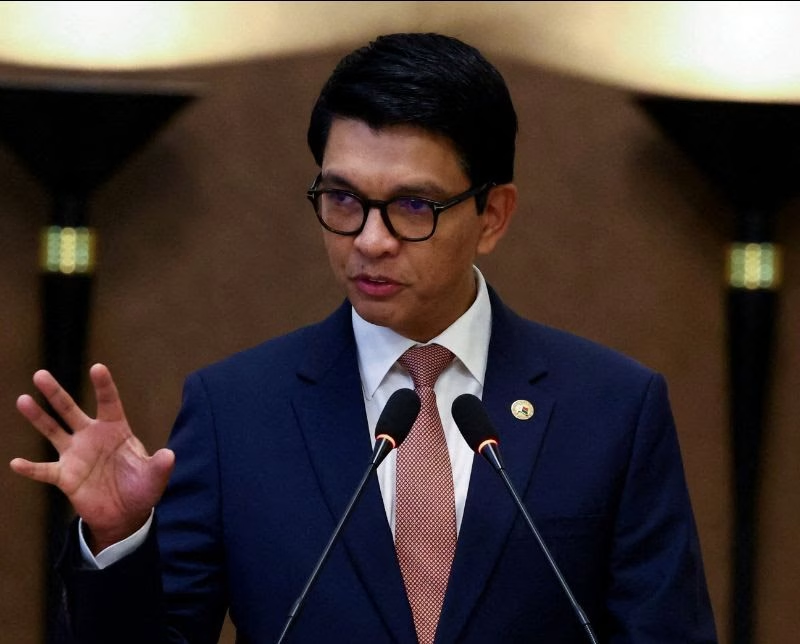When life takes an unexpected turn, resilience often becomes our greatest ally. For Ida Chibweza, that truth came into sharp focus when, just before the COVID-19 pandemic, her plans for the future were suddenly rewritten by three words no one ever wants to hear: “You have cancer.”
At the time, Ida was approaching 40, thriving in a demanding career, and looking forward to marriage and family. But a small lump in her right breast would soon change everything — leading her on a journey that tested, transformed, and ultimately revealed her inner strength.
A diagnosis that changed everything
“I didn’t think much of it at first,” Ida recalls. “Pink Drive, a mobile healthcare screening initiative, was running a campaign, and I went for a free mammogram just to be safe. The results came back negative, but something didn’t feel right.”
Over the next year, she noticed more signs — skin dimpling and scaling — and decided to seek another opinion. At a breast density clinic in Midrand, doctors recommended a biopsy. “It was expensive, and I didn’t have medical aid, so I went to Tembisa Hospital,” she says.
After two anxious rounds of biopsies, Ida received the news that would alter her life: it was breast cancer.
Fighting through fear
“The minute they tell you that you’ve got cancer, you see your life flash before you. You think it’s over,” she says. “I was living alone; my family was outside the country. But I knew I had to stay hopeful and fight for my life.”
Her treatment began at Charlotte Maxeke Johannesburg Academic Hospital, where doctors explained the road ahead — a total mastectomy, 12 rounds of chemotherapy, 35 sessions of daily radiation, and ten years of hormone therapy.
“The journey was long and painful. But I told myself I had two choices: give up or fight. I chose to fight.”
The cost of survival — and the power of access
For years, Ida relied on state hospitals. But after changing jobs, she joined Platinum Health Medical Scheme, which covered reconstructive surgery that restored her confidence and sense of self.
“I’d been walking around with a flat chest and a deformed breast. You stop feeling feminine,” she shares. “The reconstruction gave me back my self-esteem. I could wear what I wanted and face the world again.”
Today, her check-ups and long-term hormone therapy are covered by the scheme, giving her peace of mind. “It’s one less thing to worry about,” she says.
Rebuilding from within
But the hardest battle, Ida says, wasn’t physical — it was mental. “My hopes of ever having a family were gone after the hysterectomy. The fear of dying was constant,” she recalls. When depression set in, she opened up to her oncologist, who helped her access treatment and support.
“Talking about it made all the difference. There’s no shame in seeking help — it’s part of healing.”
Rediscovering joy
Ida found strength in small acts of self-love. She began dressing up again, shopping for bright clothes, reading more, and running to stay active. “Running de-stresses me and makes me feel alive,” she says with a smile. “I also love travelling — it reminds me that life, even after cancer, is still beautiful.”
Through the pain, she discovered a deeper version of herself. “I realised I was stronger than I ever imagined. I handled everything alone — treatment, appointments, emotions — and I made it through.”
Her message to other women
Ida has no family history of breast cancer. Her story is a reminder that it can happen to anyone. “Whether or not it runs in your family, check yourself regularly,” she advises. “Know the signs — lumps, dimpling, discharge, or skin changes. Early detection saves lives.”
And to women just beginning their cancer journey, she offers this message:
“Stay positive. Stay hopeful. The treatment works. And even when life feels uncertain, never stop believing in your strength.”











